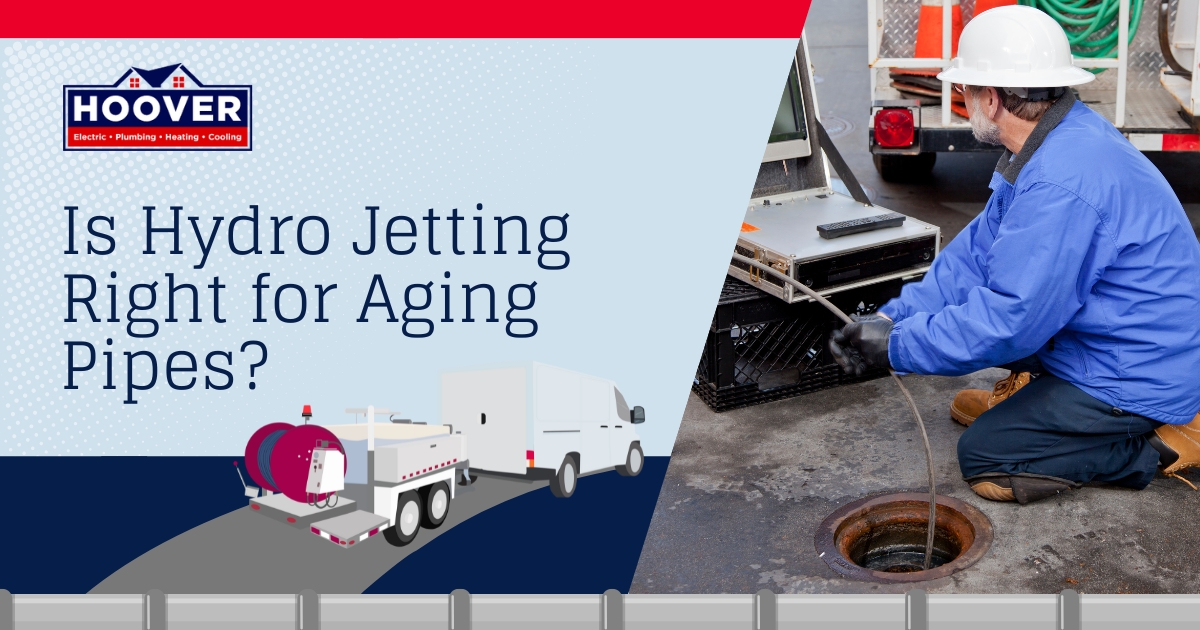
There are many types of heating systems available for home and business owners in Clinton Township, MI. You want one to deliver the efficiency and reliable indoor comfort you require during the winter months.
But which heating systems best fit your needs? Our knowledgeable HVAC team discusses the types of heating systems in this article. We hope it gives you a better idea of the available options and helps you to make an informed purchase decision.
Heating Systems: Furnaces
Furnaces burn some type of fuel to create heat for your home or building. Different types of furnaces use different energy sources. Common fuels include natural gas, oil, propane, and electricity.
The furnace combusts its energy source to produce heat. The heat exchanger transfers this energy to the air within the furnace chamber, which warms the air to the temperature “requested” by your thermostat.
Once the air is properly warmed, the furnace’s blower motor moves it through the home’s ductwork and distributes it into your living areas.
Heating Systems: Heat Pumps
Unlike a furnace that creates heat, a heat pump transfers heat to keep indoor areas at the proper temperature. An air-source heat pump uses the natural warmth in the air and moves it either indoors or outdoors, depending on the season.
Using a component called an air handler, heat pumps distribute heat through the ductwork into your residential spaces.
Because these heating systems move heat rather than create it, they also cool your home or business. In the summertime, a heat pump operates in reverse to extract heat from inside and expel it outdoors. Neither heat pumps nor air conditioners actually “cool” the air. They simply extract heat and moisture from the air.
Heating Systems: Geothermal Heating Systems
Geothermal heating systems are another type of heat pump. Unlike heat pumps that use the warmth from the air as the source for indoor heating, a geothermal heating system extracts heat which occurs naturally in the ground (or sometimes in a water source, like a pond or lake).
Heat below ground is absorbed by a network of underground fluid-filled pipes called a ground loop or earth loop, and it is brought above ground to the heat pump.
Afterward, the process is very similar to other heat pumps: the heat pump extracts the warmth and transfers it to the air handler indoors, which distributes the heat inside your home or business.
These heating systems are incredibly energy-efficient. Although they often qualify for rebates and incentives, the initial expense is sometimes a deterrent. These are best when you plan to stay in your home or property for a long time to recoup the investment from the energy savings.
Heating Systems: Boilers
Boilers use combustion to heat water, rather than air. Boiler heating systems are made up of a boiler, which can be fired by natural gas, oil, or another type of fuel source, and a network of pipes connected to radiators.
Once the boiler has heated water to the needed temperature, this water is pumped through the pipe system to radiators located throughout the home or business.
As water moves through each radiator, heat is released into the room, and the water cycles back to the boiler to be warmed again. These systems are frequently found in older homes and buildings, such as churches.
Conclusion: Heating Systems Vary – Consult With Hoover for Your Best Fit
For installation, repair, or maintenance of heating systems in Clinton Township, MI, contact Hoover Electric, Plumbing, Heating & Cooling! Our skilled technicians perform quality work for all types of heating systems. No matter what system you have or what issues you face, we’ll get to work fast to restore your indoor comfort!
If you plan to replace your heating system, your fuel source may dictate your options. If you are planning a new build, you have more control. Contact our team to review your options either way. All have their pros and cons. We’re here to help, wherever you are in your process.


